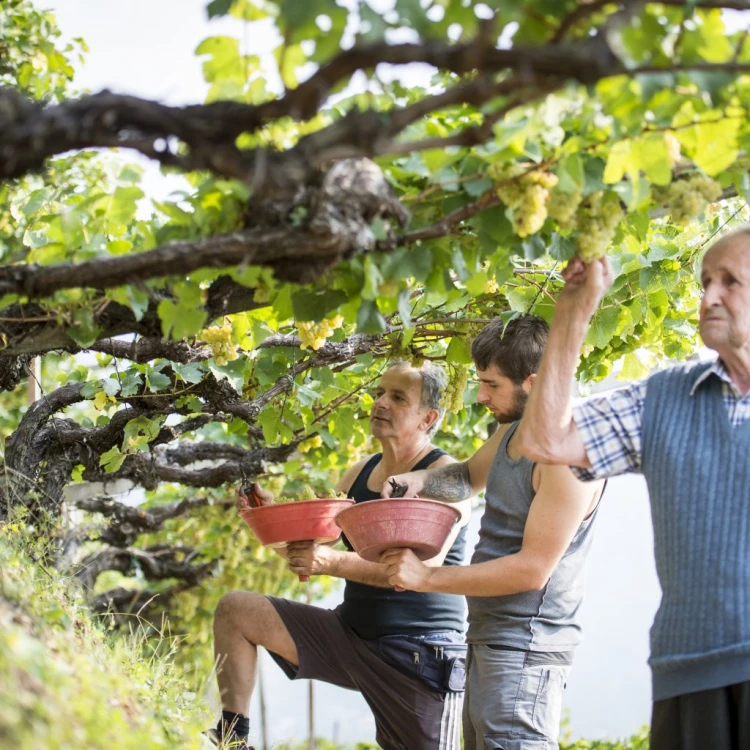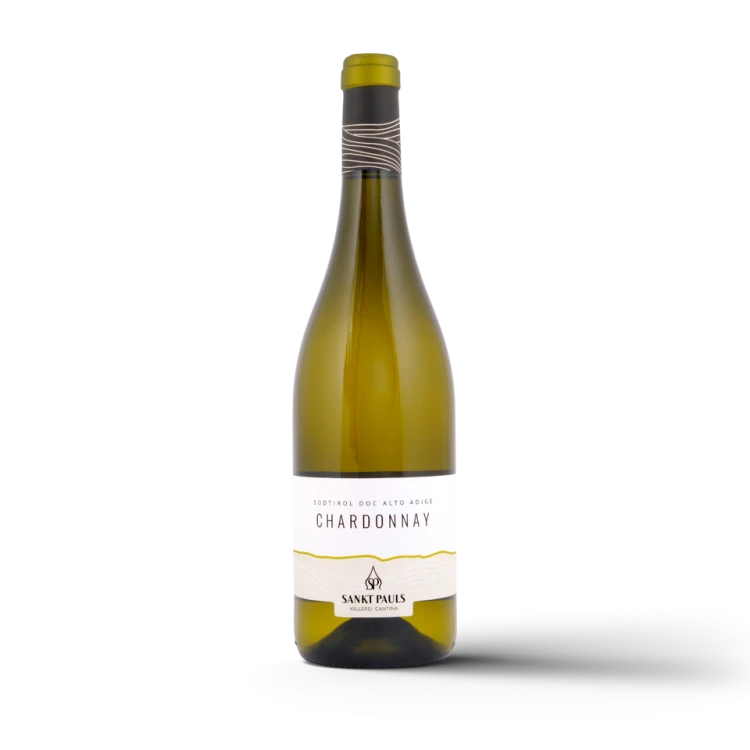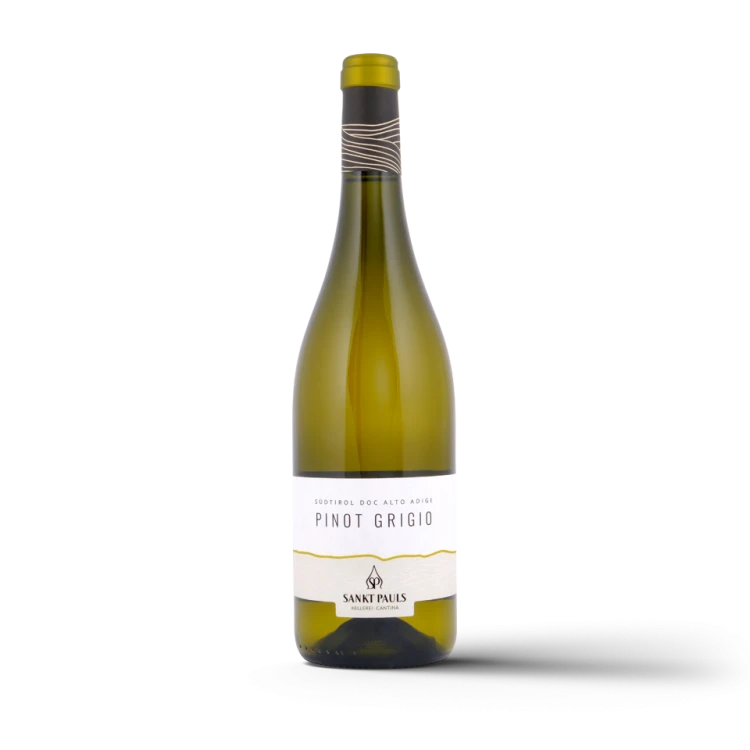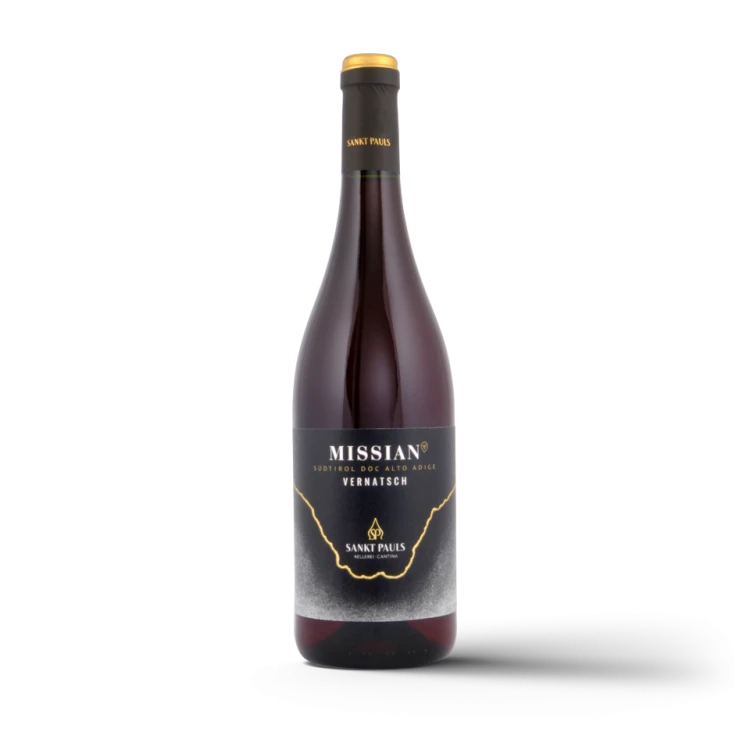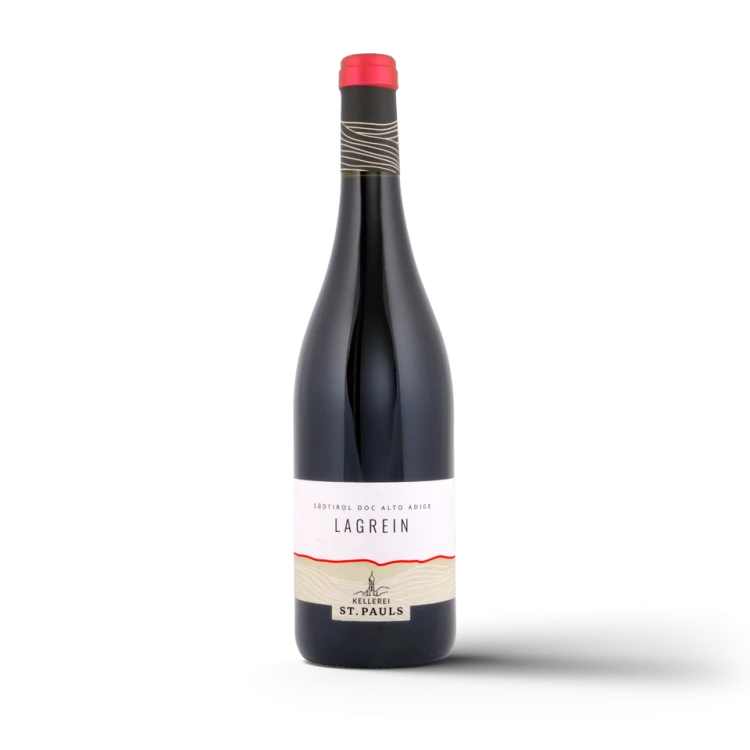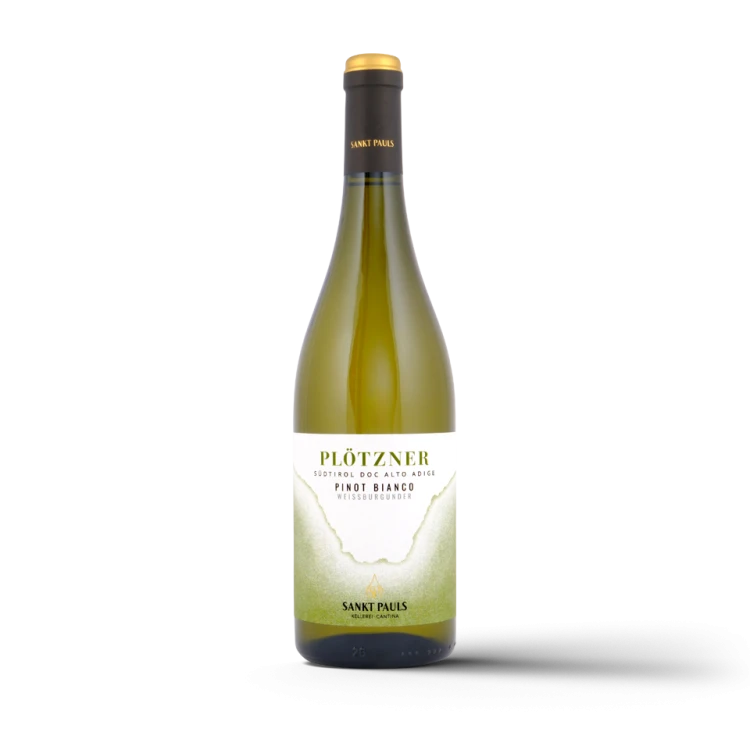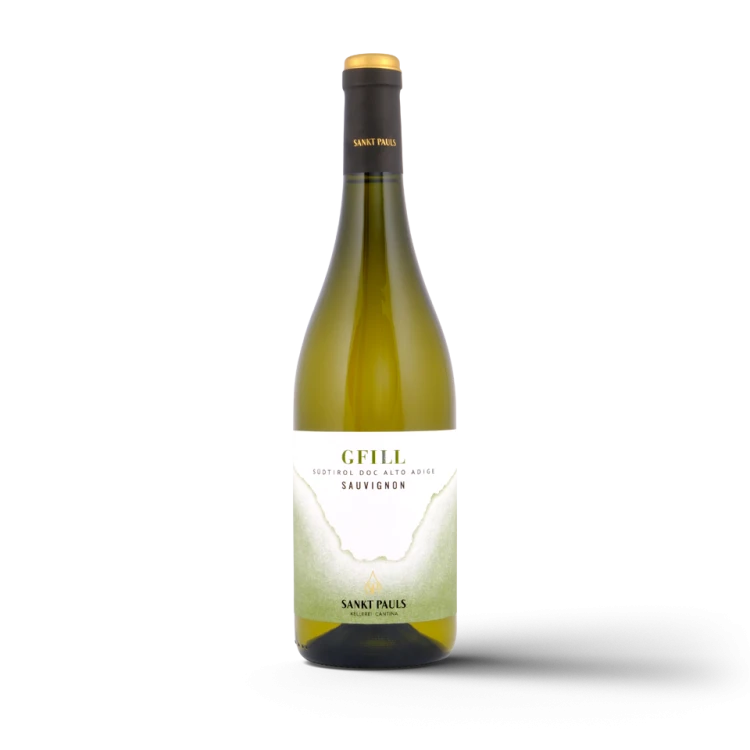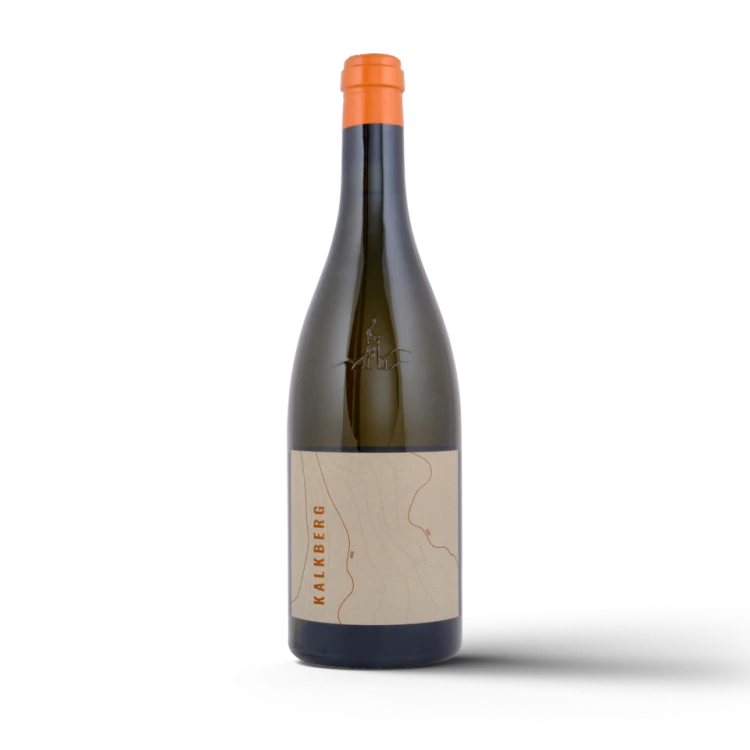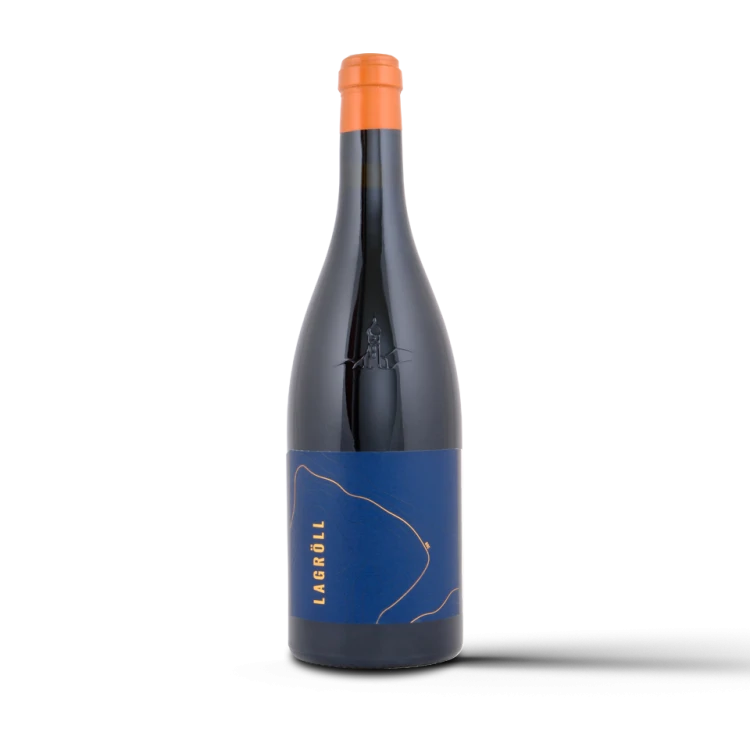Sankt Pauls Winery
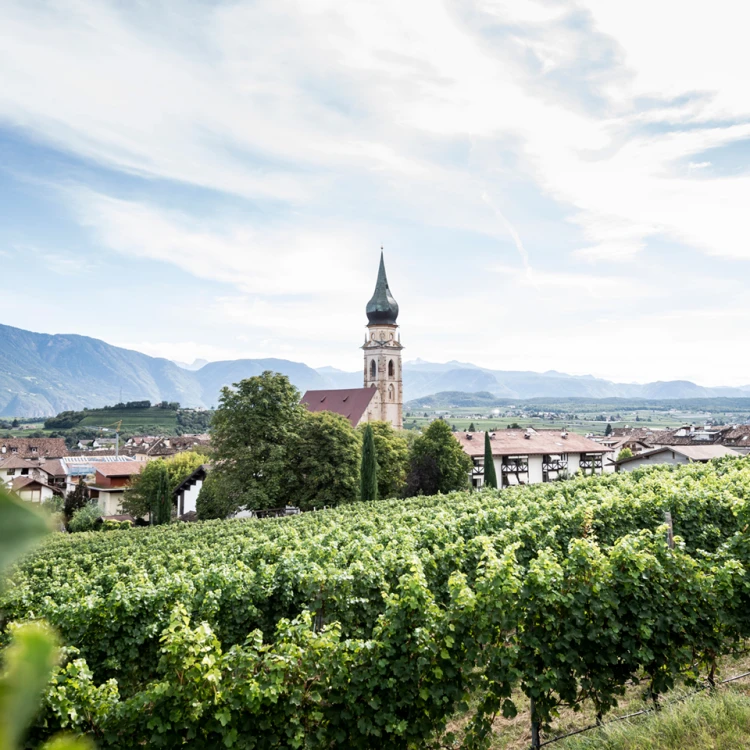
Buy wines of Kellerei Sankt Pauls
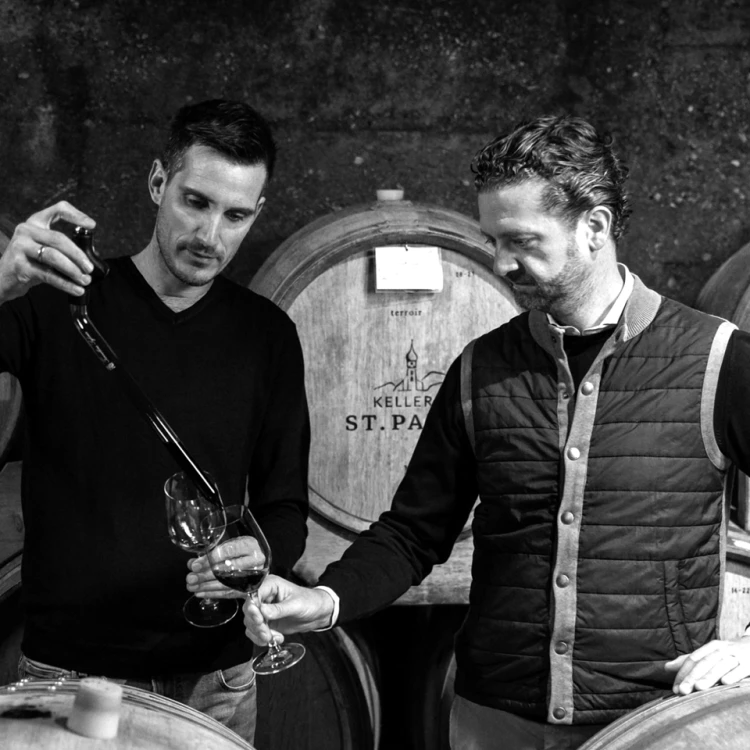
The name Sankt Pauls stands for a village that belongs to the municipality of Eppan in South Tyrol and also for the Sankt Pauls winery, which is run by 180 members of the village and neighbouring communities.
Founded in 1907, Sankt Pauls is one of the oldest co-operatives in South Tyrol, with a deep tradition in this region where inheritance was long common practice. Most families have no more than one hectare, which makes it impossible for them to market their own produce. As a result, the co-operatives have come to characterise South Tyrol and are among the best in the wine world.
Sankt Pauls lies at an altitude of just under 400 metres, with some plots even significantly higher. Viticulture is characterised by different soil structures as well as the Alpine and Mediterranean climate. At an altitude of 290 metres, there are mainly silty alluvial soils with loam, while at 350 to 450 metres there are deep soils and sometimes volcanic rocks such as porphyry, gneiss or basalt. In the mountain vineyards, the vines are rooted in limestone and sandstone soils at altitudes of up to 700 metres. Pinot Blanc in particular, but also Sauvignon Blanc and Pinot Noir, ripen here to produce the best wines. The cold downslope winds from the Mendel Mountains play just as important a role in the special climate as the Ora, the warm wind from Lake Garda. This means that the days in Sankt Pauls are warm with many hours of sunshine, allowing the grapes to ripen, while the nights cool down considerably, preserving the acidity structure of the grapes. Accordingly, the wines are defined above all by precision and acidity structures, elegance and freshness, which ensures a corresponding complexity and drinking pleasure.
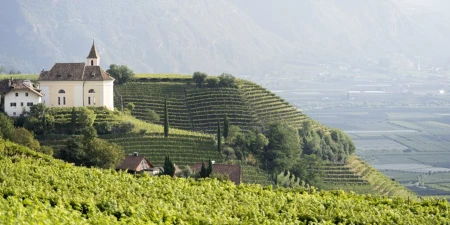
The cold downslope winds from the Mendel Mountains play just as important a role in the special climate as the Ora, the warm wind from Lake Garda. This means that the days in Sankt Pauls are warm with many hours of sunshine, allowing the grapes to ripen, while the nights cool down considerably, preserving the acidity structure of the grapes. Accordingly, the wines are defined above all by precision and acidity structures, elegance and freshness, which ensures a corresponding complexity and drinking pleasure.
In addition to classic varieties such as Vernatsch and Lagrein, it is above all the white varieties that have made South Tyrolean viticulture so successful over the last three decades. For Sankt Pauls, Pinot Blanc is particularly prominent. The Pinot Blanc "Plötzner" has become a brand in its own right, such is its success. The Cantina also has the oldest Pinot Blanc vines in South Tyrol, which are over 100 years old. Sankt Pauls is one of the smallest, but also one of the finest co-operatives in Alto Adige.
© Photos:
Cantina Sankt Pauls, Alex Filz, Thilo Weimar, Jan Palma
